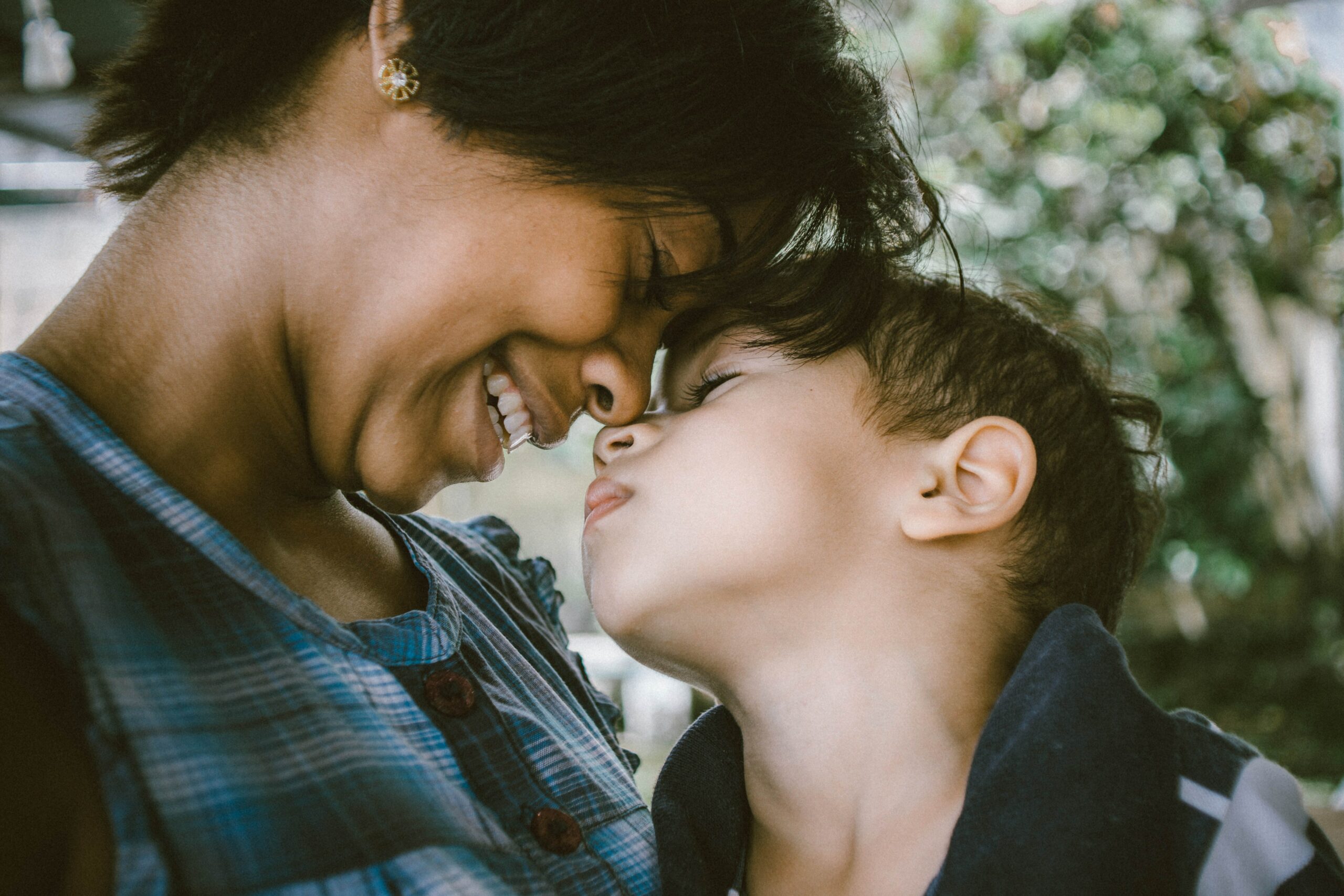Becoming a mother feels distinct depending on your cultural background. In various regions, mothers are honored through unique rituals and traditions that are deeply rooted in their heritage. In this post, we will delve into the global concepts of motherhood and explore the diverse challenges women face.
So, get ready for an enlightening journey into the world of motherhood!
The Concept of Motherhood in Different Cultures
Motherhood is a universal experience, but its perception and practice vary significantly across cultures. Recognizing these differences helps us understand the diverse ways in which motherhood is defined and celebrated worldwide.
Defining Motherhood
Motherhood entails giving birth to a child or caring for someone as if they were your own. It revolves around nurturing and raising children with boundless love, with mothers assuming various roles as teachers, protectors, and guides.
Additionally, mothers impart their cultural heritage to their children, contributing to the richness of cultural diversity.
The concept of motherhood is heavily influenced by geographical location and familial traditions. Each place possesses its own expectations for maternal roles, some cultures primarily viewing mothers as caregivers, while others expect them to pursue careers outside the home.
Regardless of the cultural context, being a mother is universally perceived as a crucial and special role.
Origin and History of Motherhood
Delving into the origin and history of motherhood provides valuable insights into how distinct cultural traditions have shaped the concept of mothering. Throughout history, societies have paid homage to mothers through various customs and rituals that reflect unique beliefs and values associated with nurturing and caregiving.
The ancient roots of motherhood underscore the universal acknowledgment of women’s pivotal roles in child-rearing across different cultures. This recognition has profoundly influenced maternal behaviors and attitudes towards motherhood.
The historical evolution of motherhood intertwines with societal norms, gender roles, and familial structures, giving rise to a tapestry of diverse maternal traditions worldwide.
Cultural Differences in the Perception of Motherhood
From the historical foundations of motherhood to contemporary beliefs, cultural disparities significantly mold the perception of motherhood. Different cultures hold varying views on maternal roles and responsibilities, impacting how mothers are expected to care for their children and manage household responsibilities.
For instance, while some societies emphasize communal childcare, others prioritize individual family units characterized by distinct gender roles. These cultural subtleties profoundly influence parenting styles and the experiences of mothers from various ethnic backgrounds.
Cultural perspectives on motherhood intricately shape how women navigate their maternal journey, from pregnancy to the upbringing of children. In some cultures, motherhood intertwines with spiritual rituals and traditional practices, ultimately defining a woman’s identity and purpose within her community.
The Challenges of Motherhood in Different Cultures
Traditional expectations and roles can exert significant pressure on mothers in certain cultures, impacting their mental well-being. Moreover, the level of societal support and available resources for mothers can vary greatly, resulting in distinct challenges related to achieving work-life balance and overall well-being.
Traditional Expectations and Roles
Numerous cultures uphold traditional expectations and roles for mothers, often encompassing primary responsibilities for childcare, household chores, and the preservation of family honor. In some societies, these roles can constrain women’s opportunities outside the home, subjecting them to considerable pressure to conform to societal ideals of motherhood.
These expectations exhibit wide-ranging diversity across cultures, influencing a woman’s self-concept and sense of fulfillment in motherhood. It is imperative to acknowledge the heterogeneous experiences of mothers globally and appreciate how cultural traditions mold their roles within the familial structure.
Societal Pressures and Support
In contrast to traditional expectations and roles, societal pressures and support significantly shape the experiences of mothers across different cultures. The influence of societal norms, community expectations, and the availability of support networks can substantially affect a mother’s well-being and her journey through parenthood.
Societal pressures may encompass cultural norms dictating ideal maternal behaviors, while adequate support systems can mitigate some of the challenges faced by mothers in various cultural settings.
Navigating through these societal dynamics necessitates an understanding of how different cultures perceive the role of mothers within their communities. Additionally, examining the level of community support accessible to mothers is crucial in recognizing the diversity of motherhood.
Impact on Mental Health and Well-being
Diverse cultural practices and expectations surrounding being a mother can significantly impact a mother’s mental health. Societal pressures and traditional roles may lead to stress and anxiety among mothers, ultimately affecting their well-being.
In some cultures, the absence of robust support systems can contribute to feelings of isolation and overwhelm among mothers. Understanding these cultural influences is critical in providing effective support for maternal mental health worldwide.
Comprehending the challenges faced across different cultures underscores the importance of culturally. It is essential to recognize the diverse experiences of being a mother.























































































